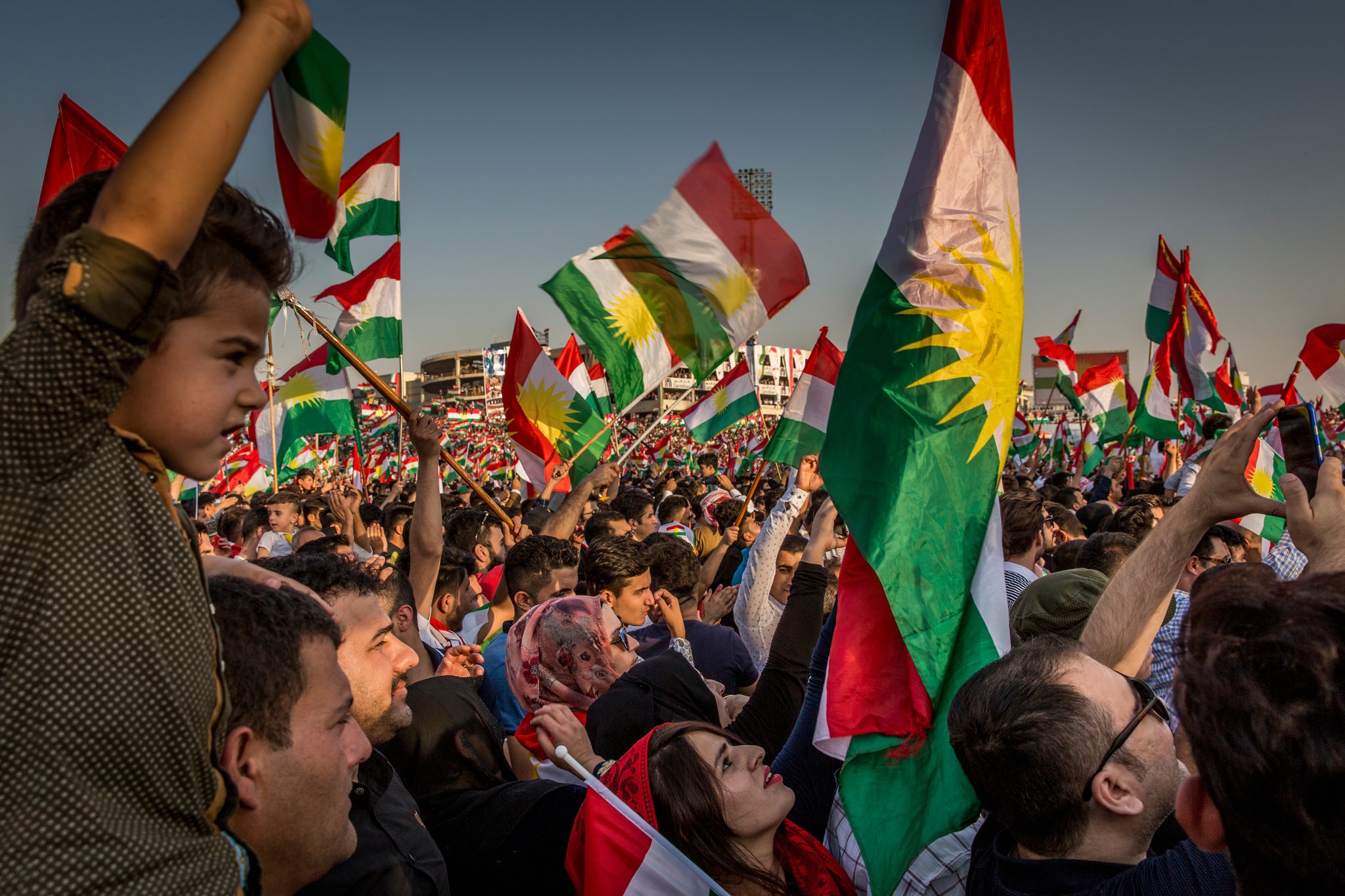The US has withdrawn from the conflict in Syria, as promised by President Trump in 2016. However, the consequences of this decision are just beginning to shine through. What is left for the region after this move?
The decision by US President Donald Trump to withdraw American forces from Syria came as a surprise to many. For critics of Western foreign policy over the last two decades, this has been a positive move due to the instability and warfare that American-led interventions in the Middle East have contributed to. For others, the reaction has been far from positive. Senior figures in Trump’s government, as well as Pentagon officials, have said the withdrawal was poor strategic decision making. For the Kurdish people of Northern Syria, though, it has been viewed as an outright betrayal.
This is because the withdrawal of US forces has paved the way for Turkey to launch a full-scale invasion of Northern Syria, in support of the Syrian opposition, against the Kurdish dominated Syrian Democratic Forces. It is hard to blame the Kurds for feeling betrayed. The SDF has been a hugely effective partner to the US and the West in the fight against ISIS, and is widely seen as one of the major forces for democracy in a region dominated by authoritarian regimes, major corruption, and religious and ethnic extremism.
Like many developments in the Middle East, this situation is multi-layered and very complex. For the Kurds, this is not just a betrayal by the United States, but also a massive setback in their goal for their own homeland. The Kurdish people are one of the world’s largest groups of stateless peoples, divided between Iraq, Syria, Iran and Turkey. They have been campaigning for their own nation for decades, through both violent and non-violent means. The instability in Iraq and Syria in recent years provided the Kurds with the opportunity they needed to secure and govern vast swathes of land. In Iraq, the Kurdish province remains practically independent from the Iraqi government in all but name.
By contrast, Kurds in Turkey and Iran are still very much under the control of the government. Since 1984, the Kurdistan Workers Party (PKK) have been fighting an insurgency – which some say is a campaign of terrorism – against Turkey, and are classed as a terrorist group by the Turkish government. A breakaway group, the Kurdish Freedom Hawks, has been found responsible for terrorist attacks within Turkey, the largest of which claimed 47 lives in Istanbul in December 2016.

This is what feeds the Turkish government’s perspective of the issue. The rationale given by Turkish President Erdogan is that the campaign against the SDF in Syria is a counterterrorist operation and not an invasion, due to the problematic activities of Kurdish groups within Turkey.
However, Turkey has also been a major regional player in the Syrian Civil War since it began in 2011. The withdrawal of US forces and the conflict with the Kurds has provided the Turkish government with the opportunity to increase its leverage in Syria through direct military action.
There may also be a domestic political motivation for Erdogan’s decisions. He has been facing protests against his regime for some years now, and in June his ruling Justice and Development Party lost the Istanbul mayoral elections. The invasion of Syria could be an attempt by Erdogan to drum up popular support for his government in Turkey with a successful ‘counterterrorist operation’.
Finally, there will be serious ramifications for the US. Many Americans citizens will welcome this, as withdrawal from the Middle East has been on Trump’s agenda since the 2016 presidential election. This is somewhat ironic, as many of these same Republican voters helped elect the Bush administration that launched the Iraq War back in 2003.
There is even a risk that these developments could see a resurgence of ISIS. As the Kurdish forces have become more focused on the Turkish threat, many ISIS prisoners have seized the opportunity to escape. The Kurds have been forced to renegotiate and possibly form an alliance with the Syrian regime of Bashir Al-Assad, which Trump launched airstrikes against in 2017.
The sudden abandonment of the Kurds could lead other American allies across the world to question the loyalties of the world’s foremost superpower. It should be noted that Trump has been increasing troop numbers in Afghanistan over the past year, so the withdrawals from Syria could simply be a way of making concessions for that.
Overall, the recent developments in Syria are yet another bloody chapter in a seemingly endless war. Turkey will likely find itself bogged down in the invasion, any Kurdish hopes for independence and any hopes for peace and stability in the region will take a major setback, and the reputation and strategic position of the US will take a hit on the international stage.

